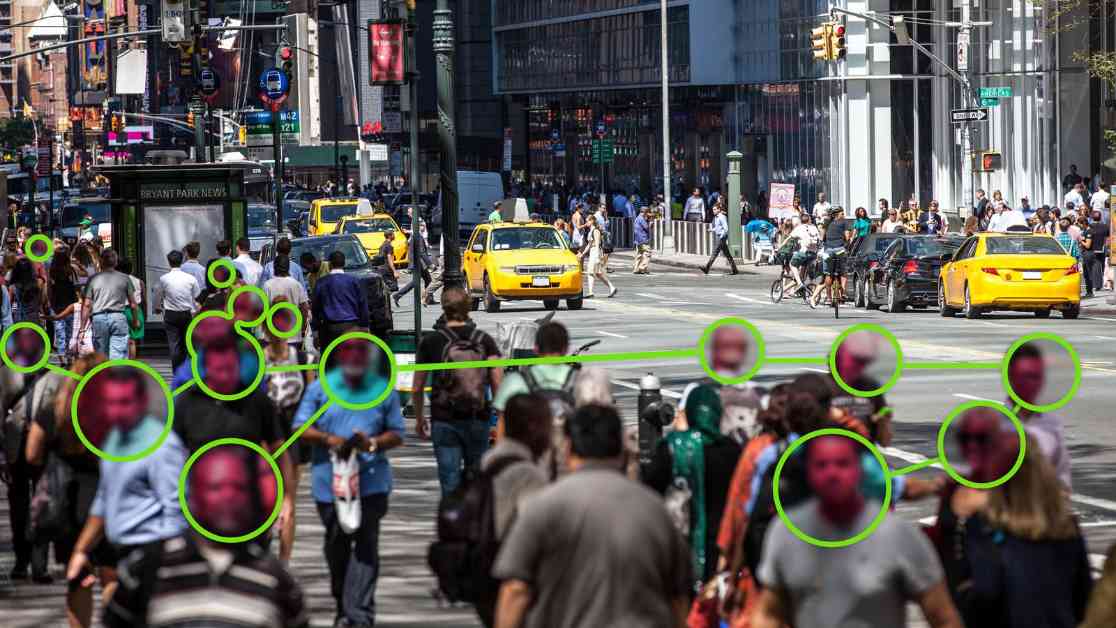Two Harvard students have created smart glasses with facial recognition technology to uncover personal information about strangers. The students, AnhPhu Nguyen and Caine Ardayfio, demonstrated the glasses in a video where one of them used the technology to identify a woman sitting near him at a train station in Boston.
The students aimed to show how easily smart glasses could be misused for doxxing, raising concerns about privacy and data exposure. By using Meta’s smart Ray Bans and streaming live recordings to a computer, the students employed AI to identify faces and retrieve information from public databases and news articles. This allowed them to quickly access names, phone numbers, addresses, and even relatives’ names of individuals.
In a shared video, the students tested the technology on their fellow Harvard students, shocking them with the accuracy and depth of information retrieved. The demonstration was intended to raise awareness about the potential risks associated with consumer technology in the wrong hands. While the students have not released the code for their program due to safety concerns, Meta clarified that their Ray Bans do not come with facial recognition technology and have features to indicate when recording is taking place.
The glasses emit sounds and lights when recording, with the user unable to disable these features. If the recording light is obstructed, the user is prompted to remove the obstacle before capturing media. Meta’s spokesperson commented that the students used publicly-available facial recognition software that could work with photos from any camera, phone, or recording device.
The experiment serves as a cautionary tale about the implications of facial recognition technology and the importance of protecting personal data in the digital age. As technology continues to advance, it is essential to consider the ethical and privacy implications of such innovations to prevent misuse and safeguard individuals’ information.




